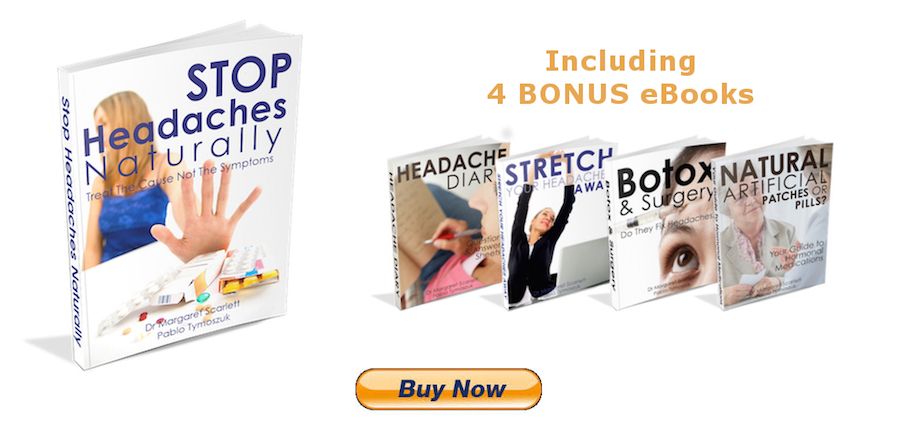Arabica vs Robusta Coffee

Coffee made from Robusta beans is bitter and is commonly described as ’burnt tyres or rubbery.’
Robusta has 2.7% caffeine content, almost double the 1.5% of Arabica
"It makes sense to drink coffee only made with Arabica beans."
Arabica contains almost 60% more lipids and nearly twice the amount of sugar - that’s why it tastes better.
NOTE:
Robusta beans are primarily used in instant coffee and is also blended with Arabica beans in numerous coffee capsules. If you suffer from headaches, it makes sense to drink coffee only made with Arabica beans. This will allow you to enjoy a daily cup of coffee without the excess caffeine triggering a headache.
Caffeine is extremely stable during the roasting process so both dark and light roast coffee beans have the same amount of caffeine
You’ve Been Drinking Coffee at the Wrong Time and Here’s Why

Life is too short for bad coffee and I have to admit that I have become a coffee snob. So when I enjoy my daily espresso (hard core, I know), it certainly needs to be good!
Even though coffee has numerous health benefits, it is important to limit its intake, especially if you suffer with headache and migraine pain. For that reason the following article by Daily Health Post [1] caught my attention... when is the best time of the day to enjoy my perfectly roasted and freshly ground coffee bean from Costa Rica... that has a sweet cherry aroma and leaves a creamy mouth feel with a crisp red apple finish?
Enjoy the read...
Americans LOVE their coffee (I would say Australians LOVE their coffee as much, if not more than Americans). It's estimated that eighty percent of all adults drink caffeine on a daily basis and of those, over half are taking it in coffee.
Coffee has been studied probably more than other beverage in recent years and the majority of conclusions are positive. Decidedly so.
A healthy stimulant
Coffee improves memory, combats diabetes, contains antioxidants, and of course, increases our energy. Most people don't realize that coffee reduces the risk of liver, oral, and skin cancers, and neurodegenerative disease:
"The findings of the previous studies are somewhat inconsistent, but most studies (3 out of 5) support coffee's favorable effects against cognitive decline, dementia or AD. In addition, two studies had combined coffee and tea drinking and indicated some positive effects on cognitive functioning. For tea drinking, protective effects against cognitive decline/dementia are still less evident. In the CAIDE (current) study, coffee drinking of 3-5 cups per day at midlife was associated with a decreased risk of dementia/AD by about 65% at late-life." [2]
People drink coffee because it tastes good and provides a legal buzz that makes the morning zip by.
Get the most zip from your cuppa

If you want to get the most of your (first) morning coffee, you may want to wait a little bit before you drink it. When you wake up, a hormone called cortisol - the 'stress hormone' - that's created by the adrenal glands kicks into gear to get all your systems functioning. You naturally get an energy boost.
By drinking caffeine first thing, you feed your energy level when it's already revving up. If you wait ninety minutes to a couple of hours after you get up, your timing will be jibe with your body's natural energy flow and turn it up just as it starts to flag.
If you wake up at 7:00, let's say, waiting at least 8:30 before you drink any caffeinated beverage will get the most out of ot, energy wise. Caffeine works by blocking energy regulators called adenosine that tell your body you're becoming fatigued.
Adenosine builds up during the day as you expend energy until melatonin is released as it gets dark outside to tell your body it's getting time to wind down and go to sleep. By blocking adeosine, your brain doesn't feel tired. Zippa-dee-doo-dah!
There's a time for everything
The best time for caffeine is then mid-morning, between when you awaken and when you eat lunch to keep energy levels even. If you drink an afternoon cup, too, the same reasoning holds: about half-way between lunch and dinner. Watch that second cup, however: studies have shown that drinking coffee less than 6 hours before bed can interfere with your sleep.
Given our love of caffeine, there are some downsides to drinking it regularly: it can affect our sleep, is addictive, can cause headaches and affect moods.
It’s all about moderation.
sources:[1] [2]
Pablo Tymoszuk is a soft tissue therapist specialising in remedial, myofascial and dry needling techniques. He also acts as an ergonomic specialist and wellness consultant which has motivated him to co-author the eBook Stop Headaches Naturally.
Together with Dr Margaret Scarlett they present a range of strategies for stopping headaches and migraines without drugs. All strategies are organized in a systematic manner and backed up by references to the scientific literature.





